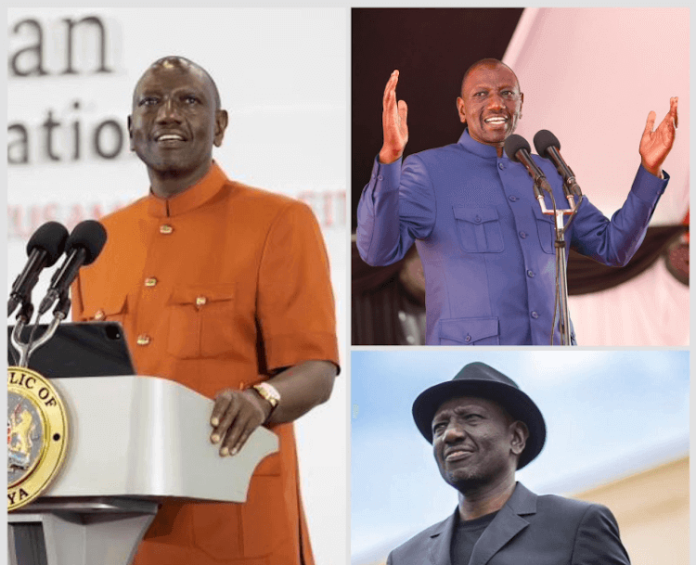Kenya’s parliament has banned the wearing of an African attire called the Kaunda suit which was named after the late Zambian President Kenneth Kaunda, within the building.
Why Kaunda suit is trending?
The Speaker of Parliament, Moses Wetangula said Kaunda suits, as well as traditional African clothes, were not welcome.
Kenyan President William Ruto often wears them on official occasions and has made the Kaunda suit, a safari jacket with matching trousers, popular among politicians.
Ruto has worn the suit which is worn without a tie, sometimes with a short upturned collar.
But earlier this week, the speaker of the National Assembly of Kenya, Moses Wetangula said his decision to ban the suit was due to new fashion trends that threatened the established parliamentary dress code.

He said a proper dress code for men ‘means a coat, a collar, a tie, long-sleeved shirt, long trousers, socks, shoes, or service uniform’.
‘For ladies, business, formal, or smart casual wear applies. Skirts and dresses should be below knee-length and decent. Sleeveless blouses are prohibited,’ he said.
Wetangula acknowledged that these suits had been ‘somehow tolerated’ in the past but that it was now time to change all that amid a threat to the parliamentary dress code.
The banning of the suit has elicited mixed reactions on social media, with some wondering why ‘African attire’ would be banned by an African parliament, while others supported it.












